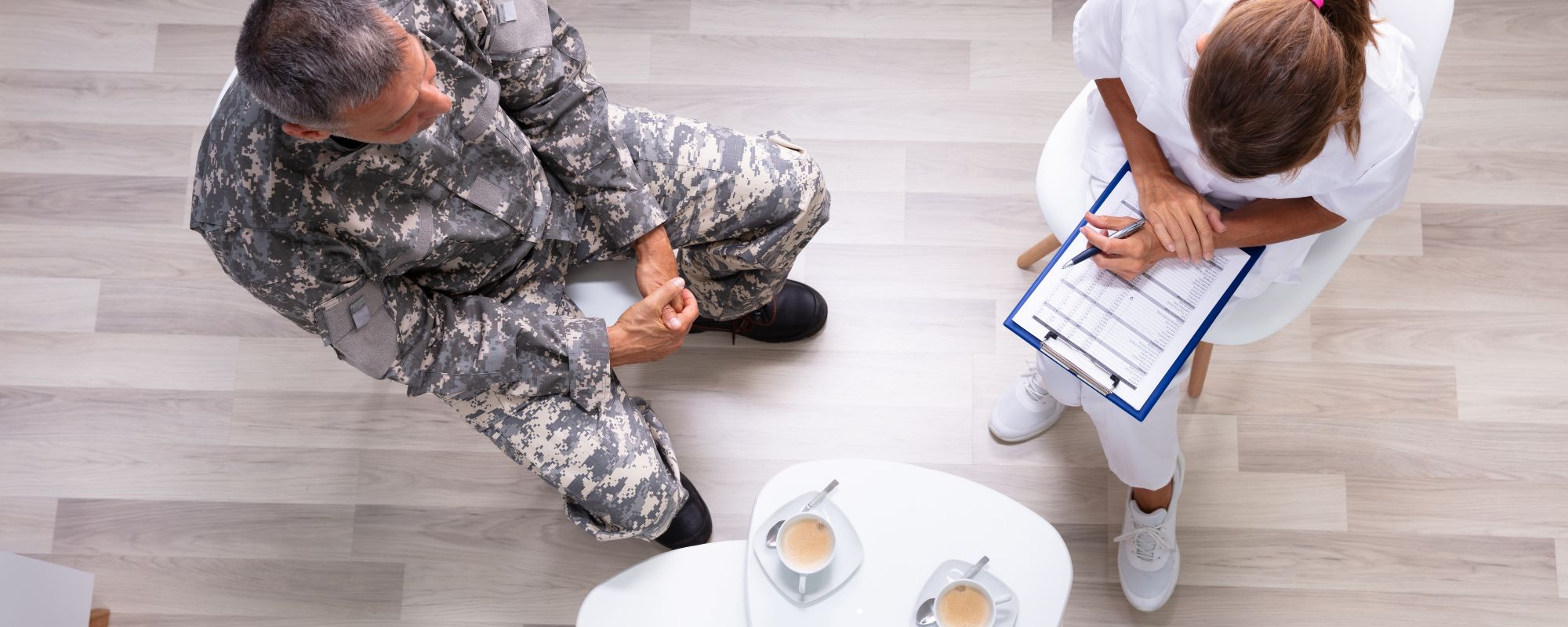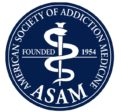As the U.S. finds itself wracked by what is now called the opioid epidemic, this has placed more importance than ever on the need for awareness of the danger these drugs pose to people’s health. One particularly threatening opioid that has gripped the nation is heroin.
With its wide availability and fast-acting nature, heroin has wormed its way into many people’s lives, getting them hooked and unable to stop using it on their own. Despite the grim reality of opioid abuse rates in the U.S., there is hope for those struggling with this drug.
With the proper support and treatment, those struggling with heroin addiction can overcome their substance and lead happier, healthier lives.
What Is Heroin?
Heroin is a highly addictive opioid drug derived from morphine, a naturally occurring substance produced from opium poppy plants native to certain parts of Mexico, Southeast Asia, and Southwest Asia.
The Drug Enforcement Administration classifies heroin as a Schedule I controlled substance, posing a high risk for abuse with no accepted medical uses or safe consumption purposes, even under medical supervision.
This makes it different from other opioids, many of which can be prescribed in controlled doses for pain management and relief. Heroin, while capable of relieving pain, has several additional health effects that are particularly dangerous to those using this drug.
Heroin has many forms, which can be dangerous even in small doses. So, what does heroin look like? Well, there is no one answer to this question. There are several different types of heroin available today, each with its own distinct appearance and effects.
Most commonly, though, it can be found as a white or brown powder typically injected, snorted, or smoked, as well as a dark, sticky liquid known as “black tar heroin,” which can be injected for a faster high. No matter what form this drug takes, its side effects can be severe and fast-acting.
How Long Does It Take To Get Addicted to Heroin?
Unfortunately, because of how potent this drug is, a person can become hooked with as little as one-time using heroin. Illicit drugs have always posed as dangerous to the country’s health and safety, and today, opioids like heroin remain a significant public health risk.
According to the National Institute on Drug Abuse, opioid-involved overdose deaths have continuously increased since 2017. As of 2021, the country recorded approximately 80,411 reported overdose deaths involving opioids such as heroin.
This can be primarily attributed to the drug’s easy accessibility, being one of the most popular substances sold within illicit drug markets, its general affordability, and the potent euphoric effects that get people hooked with as little as one use.
10 Signs and Symptoms of Heroin Addiction
Heroin addiction is a severe problem that can have devastating consequences. If you or someone you know is struggling with heroin addiction, it is essential to understand how to recognize the signs so that you can seek help as soon as possible.
Here are ten signs and symptoms of heroin addiction that you can look out for:
- Withdrawing from friends and family or experiencing relationship conflicts due to heroin use.
- Spending large amounts of time and money getting, using, and recovering from heroin.
- Losing interest in activities you used to enjoy or spending more time self-isolating.
- Becoming more irritable and aggressive, especially when not using heroin.
- Developing physical changes such as weight loss, skin problems, or poor hygiene.
- Experiencing mood swings, including periods of euphoria and depression, becoming paranoid, or having difficulty sleeping.
- Running into legal or financial trouble due to heroin use.
- Not being able to stop using heroin alone, even if you genuinely want to.
- Developing a tolerance, such as taking heroin more often or in higher doses to achieve the desired effect.
- Developing withdrawal symptoms when reducing your dosage or no longer using heroin.
If you believe that you or someone you are suffering from heroin addiction, it is essential to seek help immediately. Heroin addiction can have severe and even life-threatening health consequences. Professional treatment will be your best chance to return to a happy and healthy lifestyle.
How Is Heroin Addiction Treated?
While heroin addiction is a severe problem, it can be treated. Several different treatment options are available, and the best approach will vary depending on your specific needs. Some of the most common treatment options used to address a meth addiction include:
- Medication-assisted treatment (MAT) involves using medications, such as methadone or buprenorphine, to help reduce cravings and withdrawal symptoms.
- Holistic and behavioral therapies can help people learn how to manage their addiction and cope with triggers.
- 12-step programs, such as Narcotics Anonymous, which provide support and guidance to people in recovery.
- Inpatient treatment offers a more structured environment for recovery and for those who have a severe addiction or who need help detoxing.
- Outpatient treatment offers less intensive care and can be helpful for those who have a less severe addiction or can maintain their recovery without a structured environment.
The most important thing is to find a treatment option that works for you and stick with it. Recovery is not easy, but it is possible. If you or someone you know is struggling with heroin addiction, help is available.
Heroin Addiction Treatment at Royal Life Centers
At Royal Life Centers, we believe that everyone deserves a chance at recovery, no matter how severe their addiction struggles may be. If you are struggling with heroin abuse, our treatment facility can provide the extensive support you need to get your life back on track.
When you choose to seek treatment with us, you will have access to a wide variety of addiction treatment services, including:
- Medical Detox Program
- Residential Inpatient Program
- Partial Hospitalization Program (PHP)
- Intensive Outpatient Program (IOP)
- Outpatient Program (OP)
- Sober Living Residences
Our dedicated and compassionate treatment team will work with you to decide which of our programs will best fit your recovery needs. If you are ready to overcome your heroin addiction and achieve long-lasting recovery, contact us today to learn more about how Royal Life Centers can be a great fit for you.
Sources:
Drug Overdose Death Rates | National Institute on Drug Abuse (NIDA)












